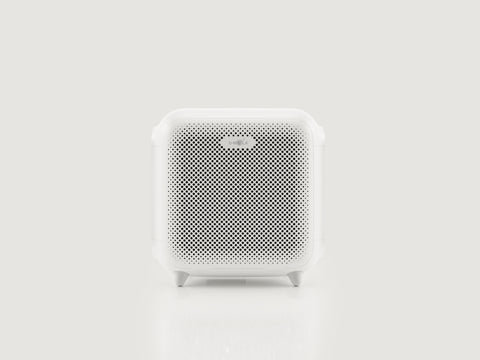Air purification and the Ideal Home

The market for air purifiers in Hong Kong is substantial, because an ideal and comfortable home, in addition to scenery, decoration, and facilities, actually requires another element—air quality. Especially for those of us who live in the bustling metropolis, a suitable and high-quality air purifier is important in order to improve the air quality in our homes. With the persistence of the coronavirus in our everyday lives, there is no doubt about the importance of air purification. The human body needs to breathe constantly, linking air quality directly to our health. Moreover, the fresh air provided by air purifiers also help to improve our life experiences, leading to invigoration and happiness, which plays an important role in maintaining a balanced home life.
There are countless articles and guides that discuss air purifiers in Hong Kong. One might find that products recommended by such guides often fall short of our expectations. In some cases, one may find that these machines perform well initially, but lose effectiveness rapidly. This can be explained by the fact that every air purifier uses different technical principles in order to function, and each type of air purification technology has its own scope of application and usage restrictions. Understanding the mechanism behind the air purifier you choose means that you will be able to make the most of it, and ensure that it will satisfy your needs.
NCCO Air Purifiers recognizes the needs of its users, and knows that not everyone understands the working principle behind an air purifier. As a result, we have established excellent professional customer service personnel to provide recommendations, explanations, and assistance according to your needs. If you are still unsure about which air purifier is the right one for you, feel free to contact our customer service staff for assistance.
What's the difference between air purifiers and air cleaners??

People often ask, what is the difference between air purifier and air clean. In fact, they are both a kind of air treatment units, the only difference between is the core technology of the purification.
A summary of common air purification technology
空氣清新機技術與空氣清新機的功能及優缺點
| NCCO | 空氣淨化機中最高級別的技術,能將空氣中的污染物過濾然後分解淨化成無害物;空氣清淨機推薦由於能夠分解污染物,所以濾芯壽命於正常維護保養下能夠長達12年,即使於香港高濕天氣下仍然保持效能;性能體現於長時間效能中,是空氣淨化設備中的長跑選手,惟只有少量空氣淨化器採用此技術 |
| Activated charcoal | Commonly used in air purifiers to adsorb and store pollutants in the air; suitable for short-term applications; however, the activated charcoal filter with full adsorption has no purification ability, so the life span is only 3-6 months, with an even shorter lifespan in the high humidity weather of Hong Kong. If it is not replaced in time, the adsorbed pollutants will be released in the form of secondary pollution. |
| Photocatalyst | This type of air purifier uses light energy for catalytic reactions to sterilize the air; it does not adsorb pollutants but sterilizes the air directly. Although there is no secondary pollution, its purification speed is slower than other technologies, and the efficiency loss is much higher. Moreover, once the surface of the photocatalyst is polluted, it will lose its effectiveness, making it difficult to apply to the dusty and high humidity environment of Hong Kong. |
| Plasmacluster | The air purifier releases positive and negative ions to inhibit harmful substances in the air; it does not adsorb pollutants. Although there is no secondary pollution, but due to chemical action, its cleaning process releases ozone in the home environment, which may cause harm to the human body after prolonged exposure. |
| Ozone | The type of air purifier releases ozone to purify the air strongly, demonstrating strong sterilization ability. However, this type of air purifier is only effective for planktonic bacteria and cannot purify other common air pollutants such as formaldehyde, ammonia, etc. Additionally, the release of ozone can cause harm to the human body. |

Frequently asked questions about air purifiers:
What do I need to know when buying an air purifier?
When buying an air purifier in Hong Kong, you need to know the air quality of your home, your living habits, such as whether you have nasal allergies, keep pets, live close to a busy road, etc., as well as your own expectations, so that we can recommend the right air purifier for you.
Should I read air purifier recommendations?
Naturally, you should. But don't blindly believe everything you come across. The recommendations of air purifiers in Hong Kong give you a better understanding of more technical principles and information, and let you have a clearer understanding of your needs. However, these recommendations may not fully explain the advantages and disadvantages of the technology. Therefore, we recommend that customers consult the NCCO customer service staff.
Is there a demand for air purifiers in Hong Kong?
With the occurrence of the coronavirus disease (COVID-19), there is certainly a demand for air purifiers. At the same time, Hong Kong has a humid climate, dense population, complex road networks, and the problem of "walled buildings" in recent years. Air quality has always been a serious problem for citizens of Hong Kong, and nasal allergy is a symptom that causes inconvenience in the lives of many. You may not be able to deal with the air quality problems in the greater environment, but a good air purifier can help manage these issues in your home environment. NCCO is the highest scientific research achievement of air purifiers in Hong Kong. With excellent performance, efficiency, filter life, and ease of use, our products will meet all of your standards and expectations for air purifiers.
What is the most important thing about air purifiers in Hong Kong?
When buying an air purifier, it is vital to pay attention to the life span of the filter. Using activated charcoal as an example, its life span is only 3-6 months, which means that you need to clean it frequently or buy and replace it, otherwise the air purifier will not work. For most of us, it is easy to miss the time to replace the filter, leading to secondary pollution. Additionally, constantly buying and replacing air purifier filters not only increases the cost owning an air purifier, but also burdens our earth with more waste.
Can you easily and quickly recommend different air purifier devices?
- Activated carbon technology is recommended for air purifiers that only require short-term improvements in air quality rather than long-term needs;
- For an environment with minimal dust, dry climate and relatively good air quality to begin with, air purifiers with photocatalyst technology are recommended;
- For laboratory spaces and environments where personnel require protective clothing, the general performance level of the air purifier used in households is not suitable. Instead, medical-grade technology, and only air purifiers with NCCO technology are recommended.
- With a wide range of applications, long-standing stable performance, the highest level of protection and sterilization, cost-effectiveness and suitability for most, if not all, users, we highly recommend air purifiers with NCCO nano confined catalytic oxidation.
I often hear about air purifiers with activated charcoal technology, and they report excellent performance, what's the problem?
Air purifiers need to stay working for a long time in order to improve air quality in the long-run. Most of the activated charcoal report data in the market only calculates the performance of the air purifier in the first 3 months, which is the average lifespan of activated charcoal filters, not taking into account that the filter will no longer work after this amount of time. This means that there is no longer any air purification taking place, resulting in the backflow of pollutants. As the function of an air purifier is to improve air quality, bringing an air purifier that is likely to have hidden dangers into your home completely defeats the purpose of having one in the first place.


